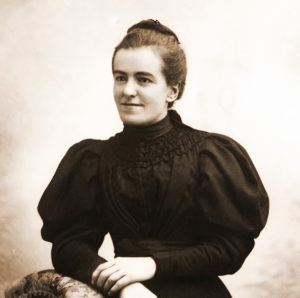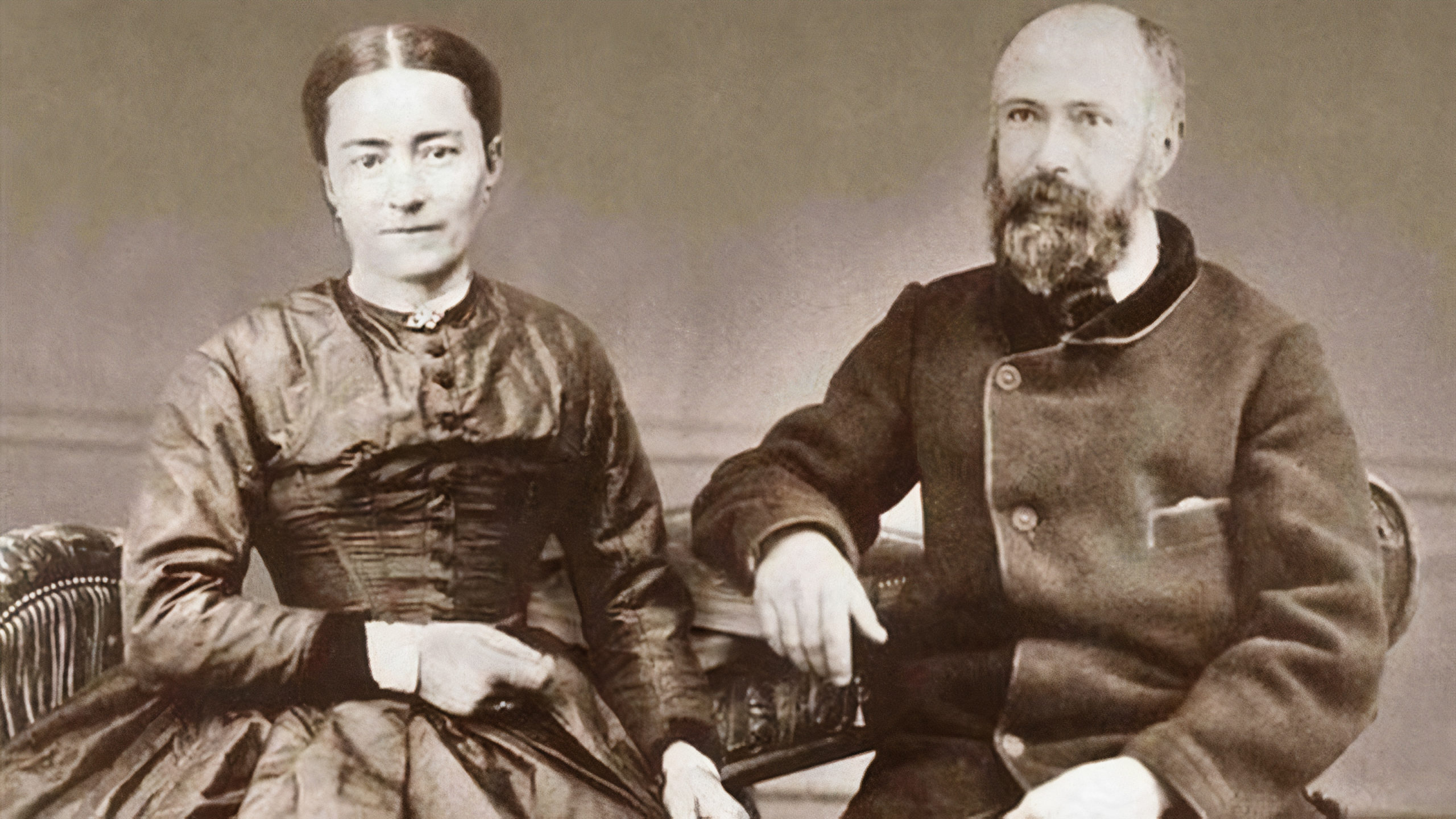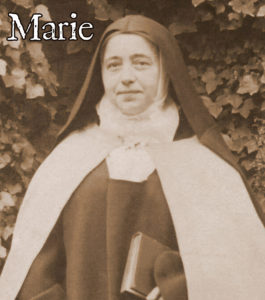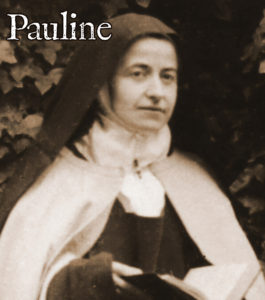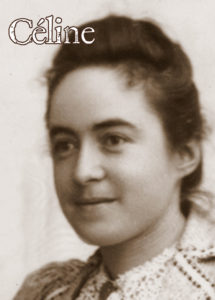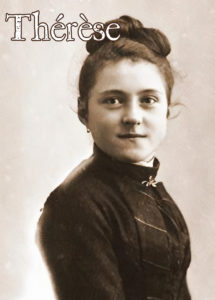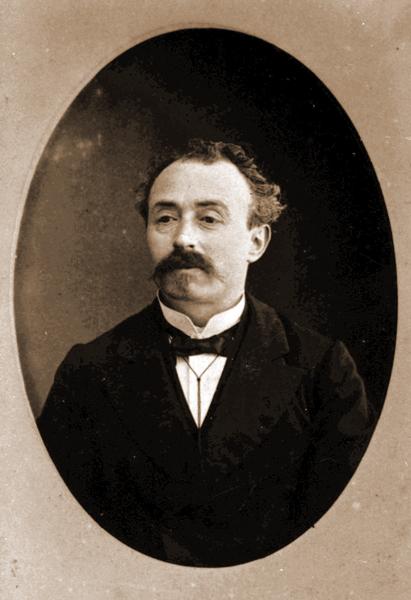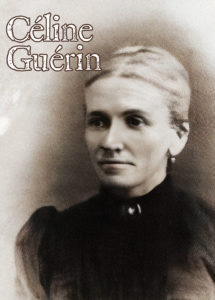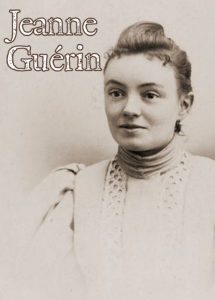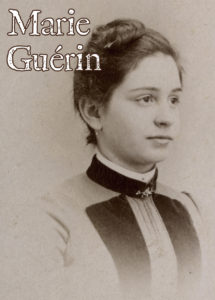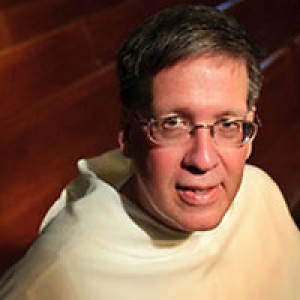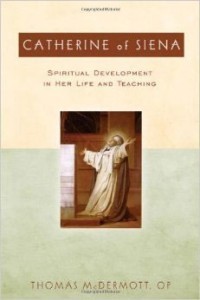Podcast: Play in new window | Download (Duration: 8:06 — 5.7MB) | Embed
Subscribe: Apple Podcasts | Spotify | Amazon Music | Android | Pandora | iHeartRadio | JioSaavn | Podchaser | Gaana | Podcast Index | Email | TuneIn | Deezer | Anghami | RSS | More
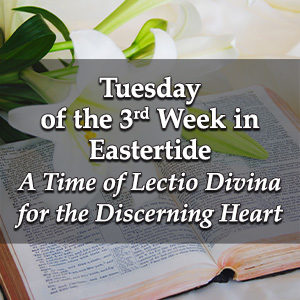 Tuesday of the Third Week of Eastertide – A Time of Lectio Divina for the Discerning Heart Podcast
Tuesday of the Third Week of Eastertide – A Time of Lectio Divina for the Discerning Heart Podcast
As you begin, take a deep breath and exhale slowly. For at least the next few moments, surrender all the cares and concerns of this day to the Lord.
Say slowly from your heart “Jesus, I Trust In You…You Take Over”
Become aware that He is with you, looking upon you with love, wanting to be heard deep within in your heart…
From the Holy Gospel According to St. John 6:30-35
The people said to Jesus, ‘What sign will you give to show us that we should believe in you? What work will you do? Our fathers had manna to eat in the desert; as scripture says: He gave them bread from heaven to eat.’
Jesus answered:
‘I tell you most solemnly,
it was not Moses who gave you bread from heaven,
it is my Father who gives you the bread from heaven,
the true bread;
for the bread of God
is that which comes down from heaven
and gives life to the world.’
‘Sir,’ they said ‘give us that bread always.’ Jesus answered:
‘I am the bread of life.
He who comes to me will never be hungry;
he who believes in me will never thirst.’
What word made this passage come alive for you?
What did you sense the Lord saying to you?
Once more give the Lord an opportunity to speak to you:
The people said to Jesus, ‘What sign will you give to show us that we should believe in you? What work will you do? Our fathers had manna to eat in the desert; as scripture says: He gave them bread from heaven to eat.’
Jesus answered:
‘I tell you most solemnly,
it was not Moses who gave you bread from heaven,
it is my Father who gives you the bread from heaven,
the true bread;
for the bread of God
is that which comes down from heaven
and gives life to the world.’
‘Sir,’ they said ‘give us that bread always.’ Jesus answered:
‘I am the bread of life.
He who comes to me will never be hungry;
he who believes in me will never thirst.’
What did your heart feel as you listened?
What did you sense the Lord saying to you?
Once more, through Him, with Him and in Him listen to the Word:
The people said to Jesus, ‘What sign will you give to show us that we should believe in you? What work will you do? Our fathers had manna to eat in the desert; as scripture says: He gave them bread from heaven to eat.’
Jesus answered:
‘I tell you most solemnly,
it was not Moses who gave you bread from heaven,
it is my Father who gives you the bread from heaven,
the true bread;
for the bread of God
is that which comes down from heaven
and gives life to the world.’
‘Sir,’ they said ‘give us that bread always.’ Jesus answered:
‘I am the bread of life.
He who comes to me will never be hungry;
he who believes in me will never thirst.’
What touched your heart in this time of prayer?
What did your heart feel as you prayed?
What do you hope to carry with you from this time with the Lord?
Our Father, who art in heaven,
hallowed be thy name.
Thy kingdom come.
Thy will be done on earth, as it is in heaven.
Give us this day our daily bread,
and forgive us our trespasses,
as we forgive those who trespass against us,
and lead us not into temptation,
but deliver us from evil.
Amen

 Listening for God’s Voice – “What am I to do?” The Discernment of God’s Will in Everyday Decisions with Fr. Timothy Gallagher
Listening for God’s Voice – “What am I to do?” The Discernment of God’s Will in Everyday Decisions with Fr. Timothy Gallagher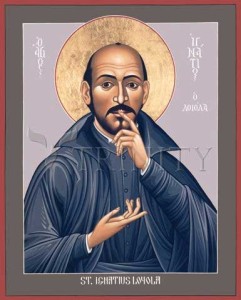 Discerning Hearts Reflection Questions:
Discerning Hearts Reflection Questions: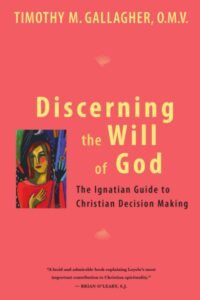
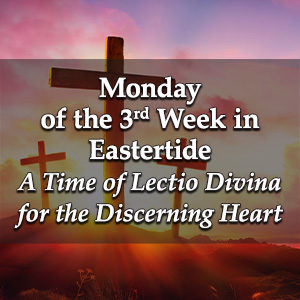 Monday of the Third Week of Eastertide – A Time of Lectio Divina for the Discerning Heart Podcast
Monday of the Third Week of Eastertide – A Time of Lectio Divina for the Discerning Heart Podcast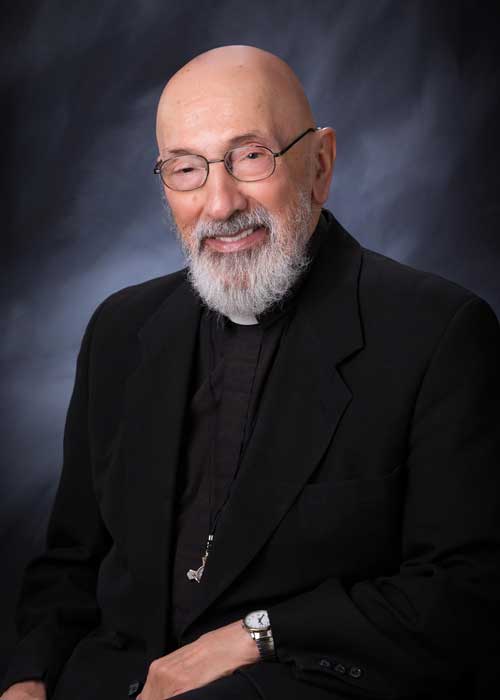
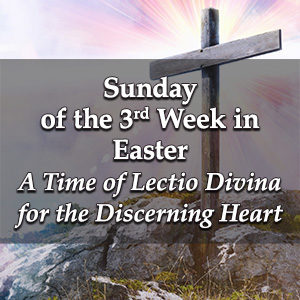 Sunday of the Third Week of Easter – A Time of Lectio Divina for the Discerning Heart Podcast
Sunday of the Third Week of Easter – A Time of Lectio Divina for the Discerning Heart Podcast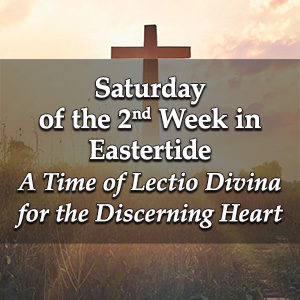 Saturday of the Second Week of Eastertide – A Time of Lectio Divina for the Discerning Heart Podcast
Saturday of the Second Week of Eastertide – A Time of Lectio Divina for the Discerning Heart Podcast

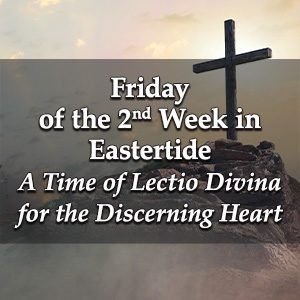 Friday of the Second Week of Eastertide – A Time of Lectio Divina for the Discerning Heart Podcast
Friday of the Second Week of Eastertide – A Time of Lectio Divina for the Discerning Heart Podcast A Sister of St. Thérèse: Servant of God, Léonie Martin – Bearer of Hope with Fr. Timothy Gallagher – Episode 6
A Sister of St. Thérèse: Servant of God, Léonie Martin – Bearer of Hope with Fr. Timothy Gallagher – Episode 6